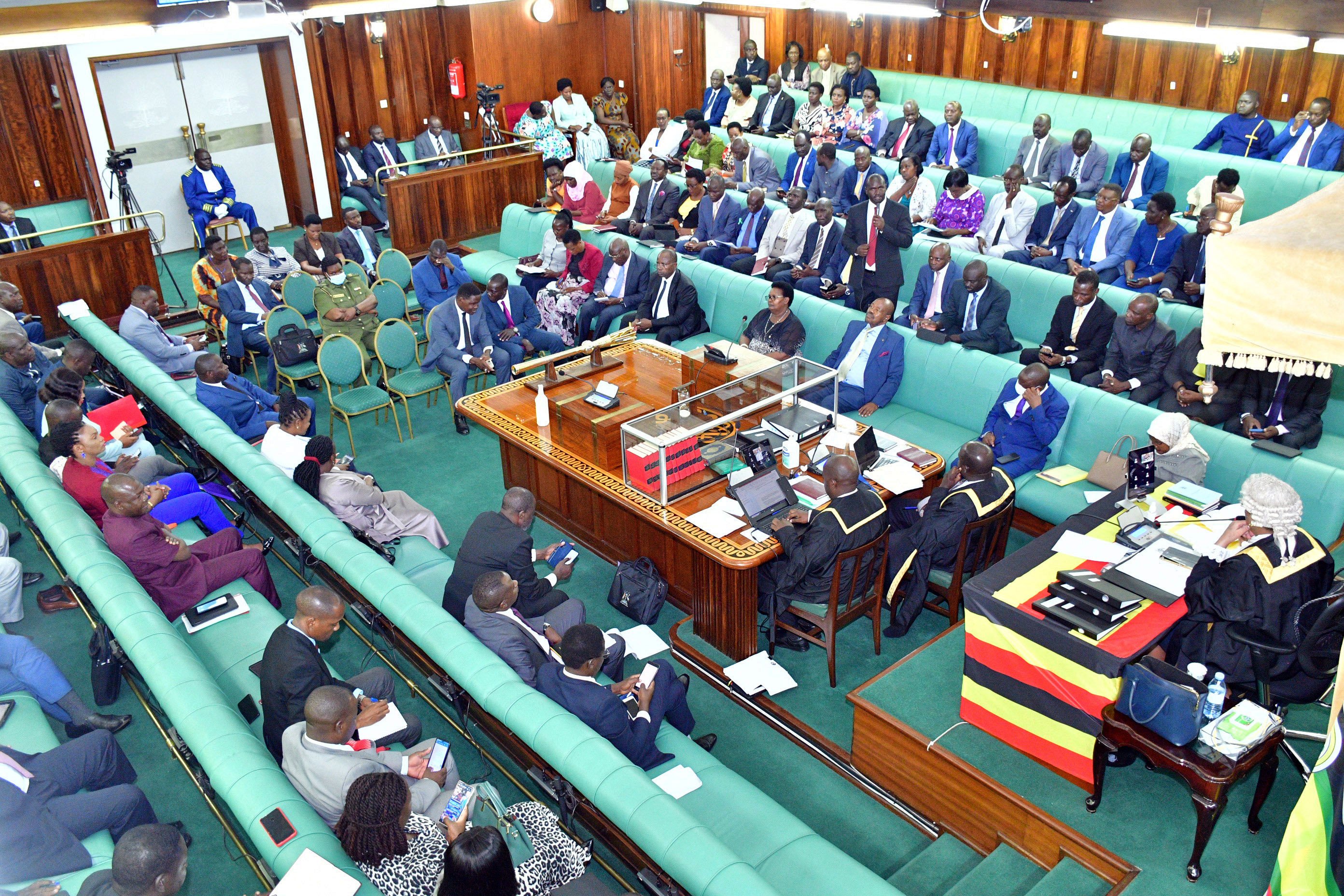Prime
This is how new market law will streamline the sector

Author: Evelyn Angiji (Information officer at Parliament).
What you need to know:
- The Markets Act, 2023 is among the 25 Acts that were recently assented to by the President as passed by the 11th Parliament.
Upon its inauguration, the 11th Parliament set out to fulfill the constitutional duty to legislate by making laws intended to change lives of majority of Ugandans in order to attain the main objective of Vision 2040, ‘Strengthening the fundamentals of the economy to harness the abundant opportunities around the country’. This is the spirit that informed the enactment of the Markets Act 2023.
Because the fundamentals of our economy is anchored on the ordinary person’s inclusion in the money cycle, Parliament deliberately enacted this law, which it believes will settle the markets, end the confusions in it, and reset them as the arena of Uganda’s economic promise.
With the new law in place, ownership of markets has been opened up, to include individual operators, as opposed to the previous legal regime which restricted ownership to government, and this means the idea of private players looking to wrangle over the few markets will come to an end. They can now start their own, to attract vendors with perhaps better offers, which will benefit the common, small players.
These private markets further translate into more revenue for government, through licence and operation fees, which in the long-run positively impact on the country’s economic growth.
Good news is that, the law, if properly implemented, prescribes clear processes and procedures of acquiring licences to operate private markets, as well as penalties for violators, thereby ensuring streamlined operations and ownership of these markets.
For example, a person who intends to establish a private market shall apply to the local authority under whose jurisdiction a private market is to be established for authorisation.
But just like any law, individuals who apply are scrutinised to ascertain their capability to operate a private market, and when found capable, a licence is issued. It further gives provision for redress, up to the courts of law, in case one is denied a licence.
In the same vein, those who violate the law will be penalised. For example, a person who operates a market in contravention of the conditions of a licence issued under this Act commits an offence and is liable, on conviction to a fine of Shs2.4 million or imprisonment not exceeding two years.
Similarly, vendors who previously operated more than one stall in public markets will now cease to carry out such vices, giving opportunity to other vendors who were denied such spaces.
In order to ensure orderliness in both private and public markets, the law establishes a market administrator, in charge of overseeing the management of the market and an allocation committee, tasked with allocating spaces and ensuring these spaces are utilised.
Important to note is that whilst this law repeals the Markets Act Cap 94, it provides a three-year transitional period for markets that were established under the Markets Act Cap, 94. This is intended to ensure the process is seamless, and that the key stakeholders get enough time to properly digest this law, so that the noise in markets is once and for all addressed.
With Parliament voting funds to the Parish Development Model in the Appropriation Act 2023, it is also the Legislature’s expectation that even players in the markets, especially the vendors, can actually access these funds to support their commerce.
The resultant linkage spur the rural economy, because farmers will have as many market places as possible, and also vendors who are economically empowered and can buy from them for onward selling to the ultimate consumer.
This will, in the long-run improve and lower food inflation, allowing Ugandans the opportunity to have more disposable income . This is the broad lenses with which the 11th Parliament legislates, having the best interests of the people at heart.
As earlier mentioned, the Markets Act, 2023 is among the 25 Acts that were recently assented to by the President as passed by the 11th Parliament during the second session, and given this promising trajectory, this Parliament will have the most enacted, people-centred laws.
Evelyn Angiji, Information Officer, Department of Communication and Public Affairs, Parliament of Uganda




